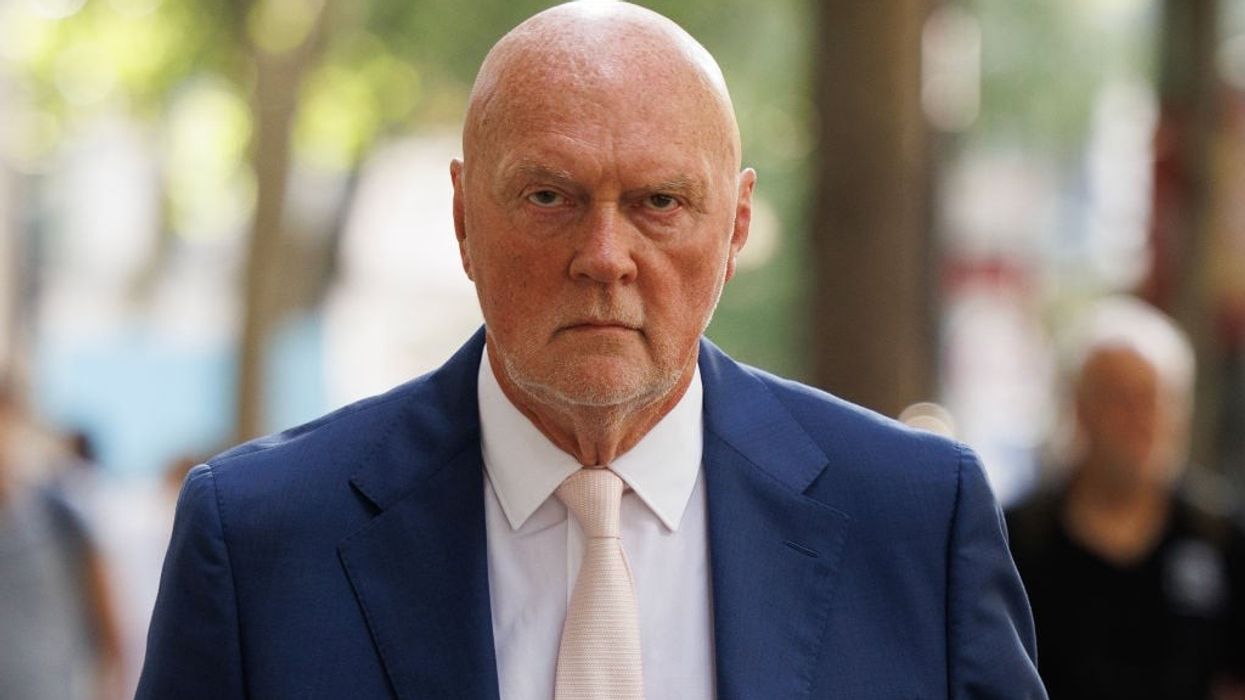VETERAN retail leader Allan Leighton has been appointed executive chairman of Asda, promising a comprehensive turnaround that could take up to five years.
The 71-year-old, who previously helped transform the supermarket in the late 1990s, has outlined an ambitious plan to restore the retailer's competitive edge.
Leighton believes Asda must urgently address several critical challenges. His primary focus is to "restore Asda's DNA", particularly by improving pricing strategies and operational efficiency.
In his first communications with staff, he stressed the need to return to the retailer's core strength of competitive pricing.
“We’ve got to get back to our Asda Price position. That’s what sets us apart from our competition,” Leighton wrote in his email to staff. “I wouldn’t have come back if I didn’t think it was possible. We’ve been here before and I’m confident we can do it again.”
He stressed the importance of simplifying operations and meeting customer expectations, particularly in product availability.
The supermarket chain has faced significant challenges since its £6.8 billion takeover by TDR Capital and the Issa brothers in 2021. Market share has declined, dropping from 13.5 per cent to 12.5 per cent in just one year, with competitors like Tesco, Sainsbury's, Aldi, and Lidl gaining ground.
Key issues plaguing the retailer include substantial debt from the leveraged buyout and complicated IT system transitions after separating from Walmart's infrastructure. Leighton acknowledged these technical challenges, stating they are "fixable" but require strategic intervention.
The new executive chairman plans to address three primary objectives: restoring the company's pricing approach, improving product availability, and recruiting a new chief executive. He's seeking a leader who understands shoppers and people management, rather than exclusively focusing on retail experience.
Leighton's return comes after Stuart Rose's departure, marking a significant leadership change. According to reports, he has committed to developing a comprehensive revival strategy by the end of January, confident in the support of shareholders: TDR Capital, Mohsin Issa, and Walmart.
Having previously led Asda to a successful £6bn sale to Walmart in 1999, Leighton brings extensive experience. He described his return as feeling "totally back home", suggesting a deep connection with the brand.
The retailer currently operates 580 supermarkets and over 500 convenience stores. Ownership structure has also recently changed, with Zuber Issa selling his 22.5 per cent stake to TDR Capital. The current ownership stands at 67.5 per cent TDR Capital, 22.5 per cent Mohsin Issa, and 10 per cent Walmart.





